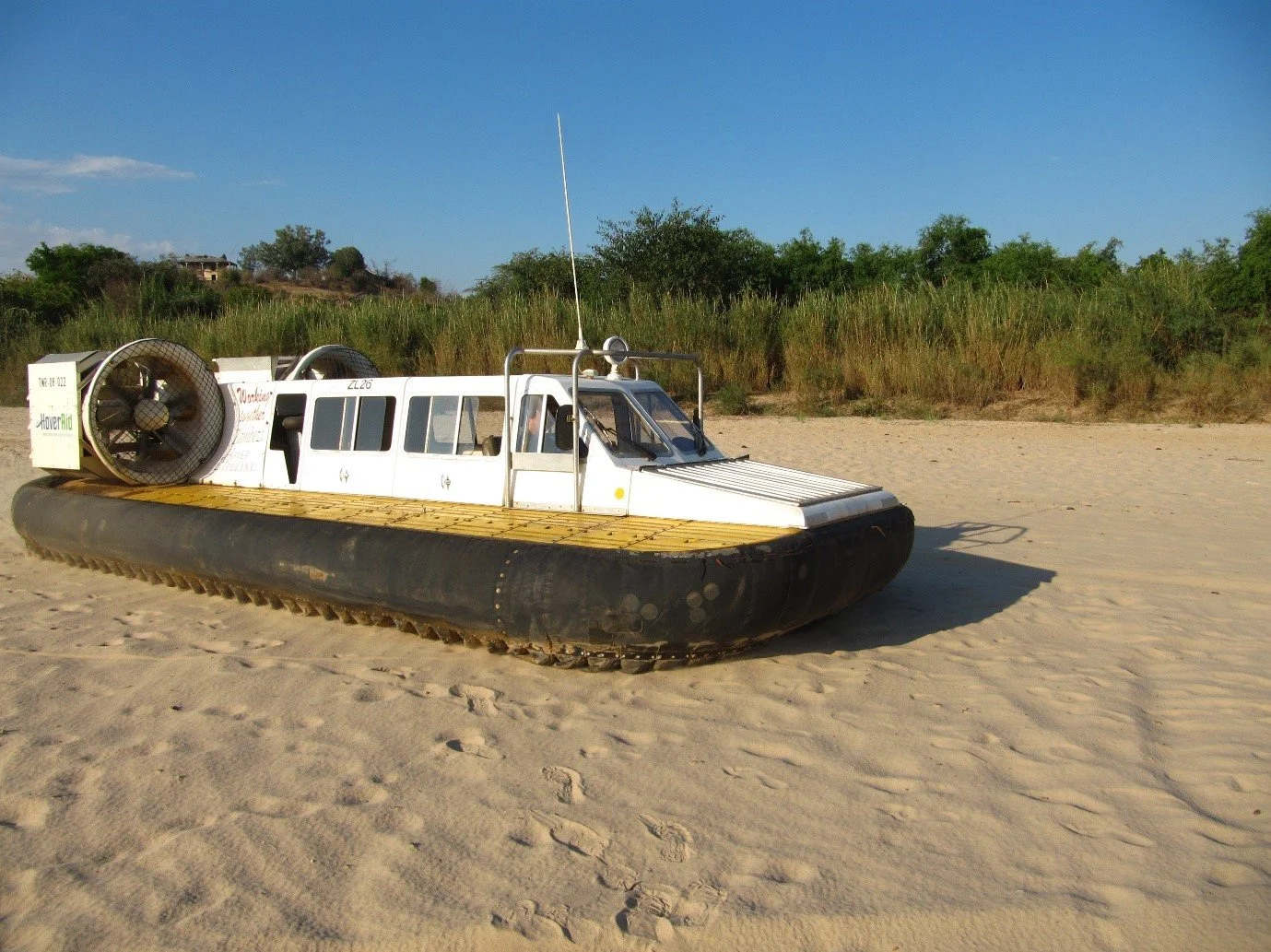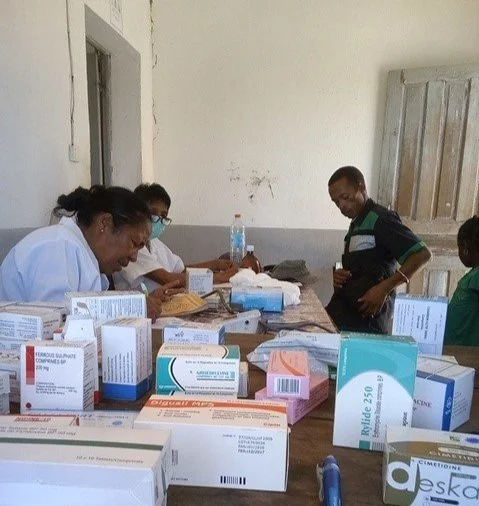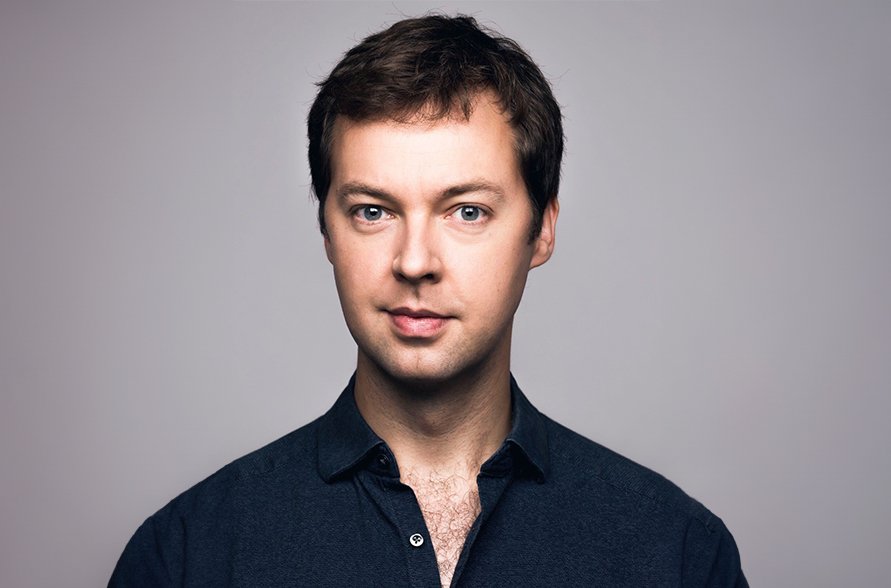Reaching the Unreachable | Andy Mayo
Andy Mayo studied Engineering Science at Keble, matriculating in 1989. He is the Chief Development Officer and Chief Technical Officer at the HoverAid Trust.
Andy Mayo (1989 Engineering Science) writes:
HoverAid is a unique charity using hovercraft (amongst other vehicles) to reach remote communities in Madagascar. I joined them on leaving College in the early ‘90s and I’ve had the privilege to work with hovercraft in Nicaragua, Zambia, Mozambique, Papua New Guinea and Madagascar, amongst other places. I did have a more conventional career as a consulting engineer and was a partner with Max Fordham LLP for a bit over 10 years, which included a project with Norman Foster to freeze the Thames in Westminster for Millennium Night. There were a lot of theatre and auditorium acoustics, natural ventilation and cutting-edge biological containment suites; but then I did an MSc in Development Management with the “other” OU in my spare time and returned to HoverAid in 2006 to take us from a volunteer organisation to a full-time international NGO.
We have to build the hovercraft that we need ourselves as we cannot get appropriate units from commercial manufacturers
We have to build the hovercraft that we need ourselves as we cannot get appropriate units from commercial manufacturers for various reasons (both technical and cost). I have recently been working from a container on a farm in Sussex where we are building a new hovercraft and preparing for testing. To design, construct and deliver each hovercraft to Madagascar costs c.£150k. Asking for support is something that goes with the territory in the charity sector; engaging and securing financial support for the charity is not something I ever do lightly. It’s a different world from the multi-million pound projects I worked on as a consultant, and we stretch every penny to breaking point!
We take teams of doctors, surgical teams, dentists, nurses, engineers and WATSAN specialists to areas that other NGOs don’t attempt to
We take teams of doctors, including surgical teams, dentists, nurses, engineers and WATSAN (water and sanitation) specialists to areas that other NGOs don’t attempt to—Madagascar is particularly difficult to access and only 11% of the rural population of roughly 20 million people live within 2km of a paved road. It actually has the lowest recorded rural access index (RAI) of any country ever measured. This means communities don’t have access to doctors, teachers, police, markets etc. and Madagascar is only one example of a country with a large remote rural population who live where there is water (and hence you can grow food) but not near a road network to enable trade and development. Many of the standard human development indicators are either unmeasured or extreme.
It’s very niche—we are the only charity in the world doing this. Professor Martin Oldfield (Engineering Tutor) once told me at a Gaudy dinner that all the interesting questions relating to hovercraft had been answered; I kind of made it my ambition to challenge that view. We have had Cambridge students working on projects relating to our work for the last four years—we’d certainly have room for some Keble Engineers to get involved!
If you are involved in secondary education and would be interested in inviting Andy to bring a hovercraft into your school (UK) in support of STEM, Geography, Economics, Business Studies, Philosophy, and Religious Studies courses, he’d be pleased to hear from you. a.mayo@hoveraid.co.uk








